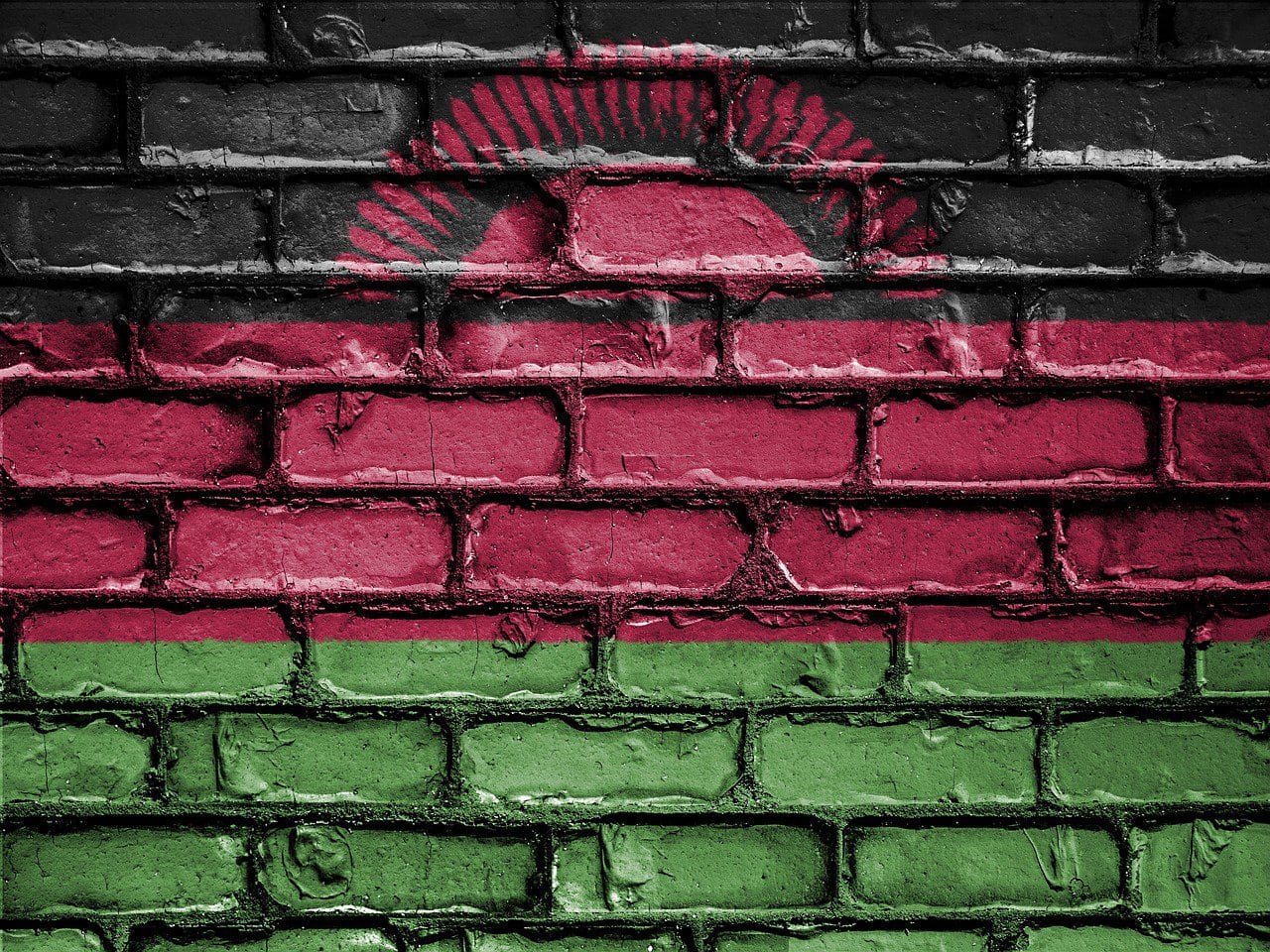By dr. Ryan Lombard
A hundred years. That’s how long the Kays have been farming in Malawi. Their estate, Satemwa, is located in the Shire Highlands near Thyolo, about 40 km from Blantyre. A tea and some coffee farm, with tall nyanga plant-crowned trees and old mahogany, and hills full of evergreen tea plantations bordered with silver oaks and other trees. Quality tea is produced here; A wide selection of black, green, oolong, dark and white teas.
Huntington House, built in the 1930s, with its wide porch and beautiful garden was once the Kays’ home. Today it is a guest house. In this stately old house there was much talk about the country; once Nyasaland, then Malawi. After all, since the fifties the Kays have experienced dramatic political changes in the country.
After independence in 1964, Dr. Hastings Kamuzu Banda Malawi with an iron hand. His dictatorship, and Malawi’s one-party system, was only ended after the 1993 referendum. After 1993, six general elections were held; the transitions of power, all peaceful. The monetary and other economic policies also changed frequently.
Tea is, next to tobacco, Malawi’s main export product and an important earner of foreign exchange. But the international tea price is low and a source of concern for Satemwa’s people. In May 2023, the average tea price at three international auctions was $2.70 per kilogram(i). In Malawi the export price was almost half less(ii). Just as in the case of tobacco, the price(iii) of tea – measured over three decades – is falling on world markets.
But there are other concerns as well.
Last year, two cyclones, Ana and Gombe, wreaked havoc in Malawi. This year, Cyclone Freddy. Rising fuel and fertilizer prices, due to the conflict in Ukraine, were further shocks to the economy.
Fuel shortages and long power outages further hampered economic activity.
Malawi was already in a weak position when Ana and Gombe hit the country early in 2022. The country was already deep in debt (iv) with few foreign exchange reserves to cushion the shocks. Furthermore, the government’s pegged exchange rate was a sad shock absorber.
Out of necessity, the government had to increase the kwacha price of an American dollar by 25% in May 2022. In retrospect, however, this devaluation of the kwacha was not enough to improve the country’s dire balance of payments position. Malawi’s foreign exchange reserves have further fallen to critically low levels(v).
Despite the controlled exchange rate, which is supposed to anchor inflation expectations, inflation is high(vi).
Apart from the government’s monetary policy, its overspending contributes to the country’s external imbalance and constant pressure on the kwacha exchange rate.
Expectations of a further devaluation are also a reason for the scarcity of dollars and other foreign currency. As a result, the government further tightened its control over exports and the return of export payments.
Now the government is under great pressure to persuade Malawi’s foreign creditors to reschedule the repayment of the country’s debt, or to release the country from certain debt obligations. Success could open the door to a longer-term loan from the International Monetary Fund (IMF). Furthermore, it can also make more foreign exchange funds available for imports, as Malawi’s high debt and debt obligations are currently taking a big bite out of the country’s meager export earnings.
Malawi with its high population, most of which are very poor.
When the mist clears on Satemwa, you can see Mulanje, Malawi’s highest mountain, in the distance. This brings the realization: Your own challenges may discourage you, until you gain perspective on the obstacles that others have to tackle and overcome.
Sources
(i) The World Bank “Pink Sheet”, June 2023
(ii) April 2023 Economic Review of the Reserve Bank of Malawi.
(iii) The dollar price, adjusted with inflation. (As published by the World Bank (Pink Sheet)).
(iv) The Mutharika government went to borrow money abroad, but then American and other interest rates rose and the money tap dried up.
(v) By the end of April 2023, Malawi’s foreign exchange reserves were equivalent to only 0.8 months of imports. (April 2023 Economic Review of the Reserve Bank of Malawi)
(vi) In May 2023, the CPI inflation rate, measured over 12 months, was 29.2%.
- Dr. Riaan Lombard is an independent economist.








